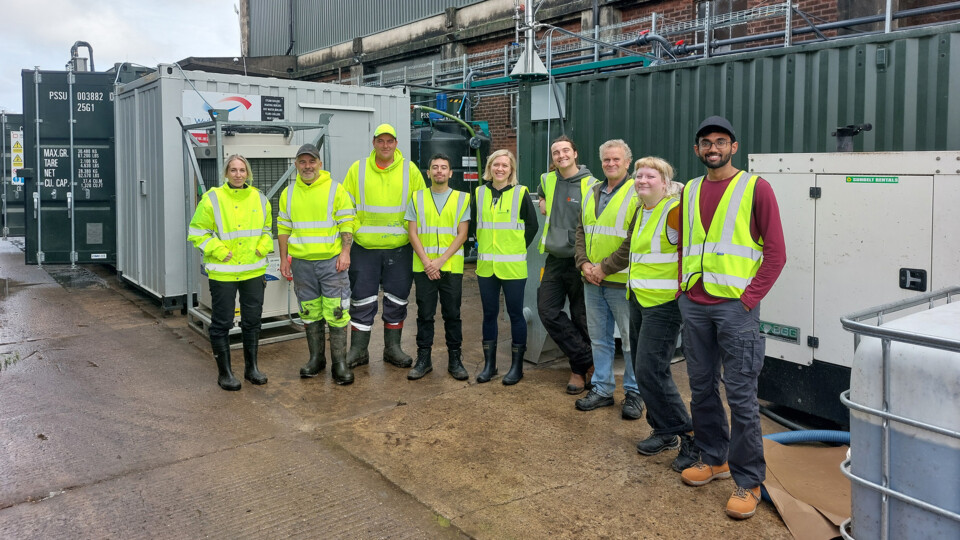Major milestone achieved in £5m H2Boost project with opening of biohydrogen production facility
The Biorenewables Development Centre (BDC) and its consortium partners have successfully launched a demonstration-scale biohydrogen production and carbon capture facility at The Maltings, a food waste processing facility near Selby, North Yorkshire. This facility is part of the H2Boost project, which secured £5 million in Phase 2 funding last year through the Department for Energy Security and Net Zero’s Net Zero Innovation Portfolio (NZIP). The funding aims to develop a novel process for producing clean biohydrogen fuel from organic waste for the UK transport sector.
The H2Boost project is a collaborative effort between the BDC and industry and academic partners, including the University of Leeds, Qube Renewables, CM90, Ramboll, Aardvark EM, NNFCC, Cyanocapture Ltd, AB Agri, and MYGroup, which owns The Maltings facility. This partnership brings together expertise in bioprocessing, engineering, and waste management to develop a commercially viable and sustainable biohydrogen production technology.
The H2Boost project focuses on a multi-step process that uses under-utilised organic waste streams. The process integrates advanced pre-treatment technologies with dark fermentation to convert the waste into biohydrogen. By-products from the fermentation process are then used for further resource recovery through anaerobic digestion and carbon capture through algal propagation, creating a closed-loop system that maximises efficiency and environmental benefits.
“The opening of our new biohydrogen production facility marks a crucial step forward in the H2Boost project,” said Penny Cunningham, Programme Operations Manager at the BDC. “We are incredibly excited to see this innovative technology come to life and its potential to make a significant impact on the decarbonisation of the UK energy sector while also addressing the pressing challenge of waste management.”

